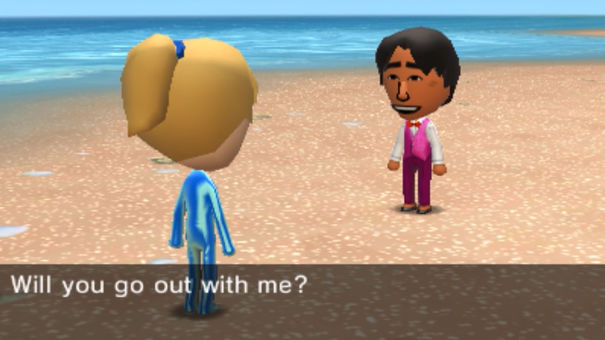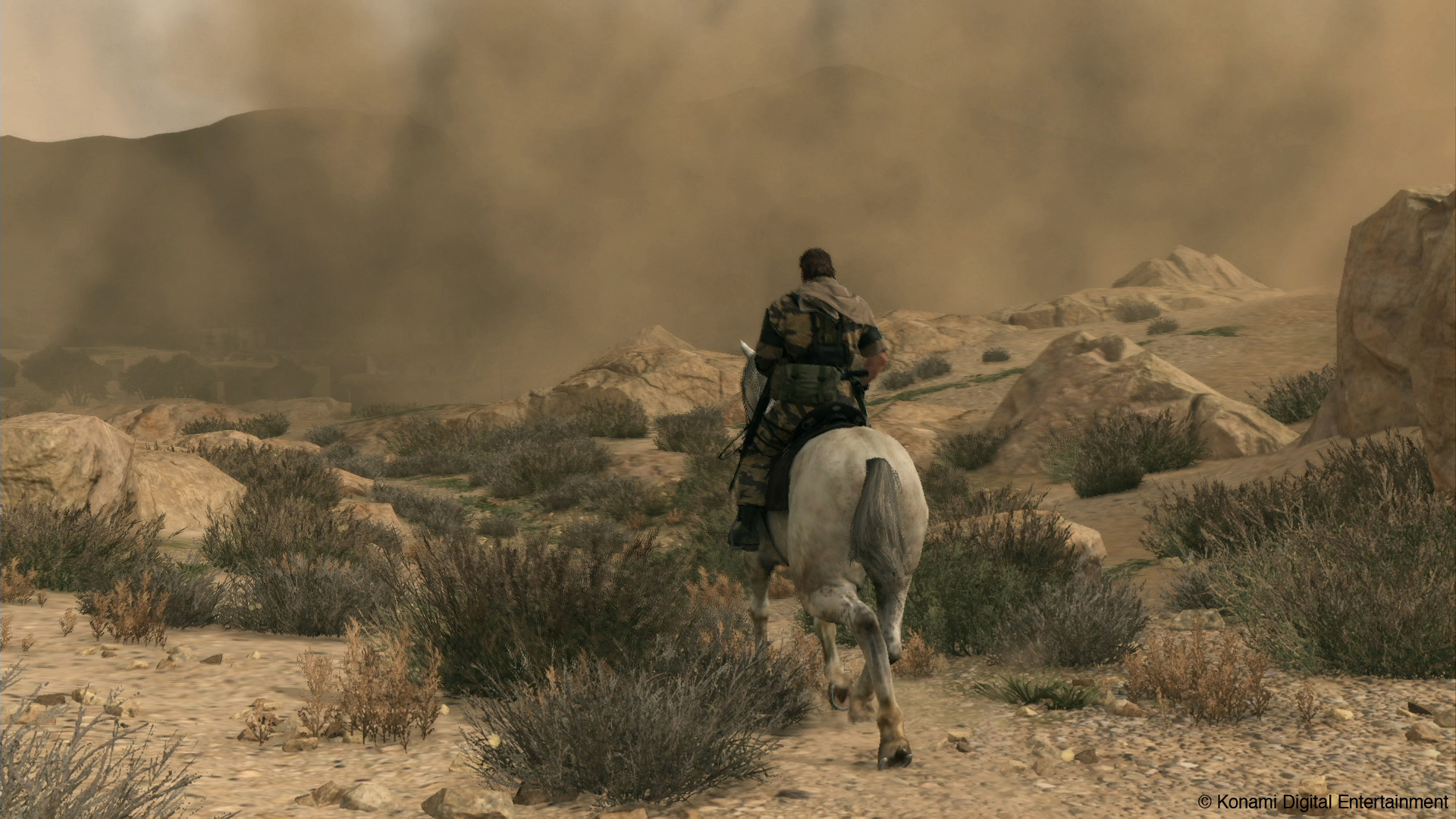



Yesterday Nintendo of America issued a statement aiming to clarify a controversial issue at the heart of its game Tomodachi Life. The title, released in Japan last year and out in the EU and US next month, sees players take their Miis and place them on a virtual island, enabling them to, among other things, explore, shop, and become romantically involved with other Miis. Despite offering straight relationships in the game, gay relationships aren't an option. A campaign, dubbed #Miiquality, has been running to convince Nintendo to add the functionality.
"Nintendo never intended to make any form of social commentary with the launch of 'Tomodachi Life'" read the statement that aimed to clarify matters, presumably written by a PR robot created and controlled via proprietary Nintendo Head-Burying Software. "The relationship options in the game represent a playful alternate world rather than a real-life simulation. We hope that all of our fans will see that 'Tomodachi Life' was intended to be a whimsical and quirky game, and that we were absolutely not trying to provide social commentary."
Inevitably, this did not go down very well, as indeed it shouldn't. This piece over at Polygon goes into great detail as to just why the whole incident has been so damaging, and is very much worth reading. Instead of covering all of it again, I'm going to talk about Nintendo as a corporate entity, and its role as a multi-billion dollar company that casts an important influence over the culture of not only its home country, but of many others around the world.
Simply put, Nintendo is so big that it can't NOT make a statement on big issues, even by means of omission. By issuing a statement that essentially says 'Hey, it's just a game, we're not providing social commentary' it IS providing social commentary. It's a title based on relationships, not between alien races or other fantastical characters, but literally between, as the advertising spiel puts it, "Your friends...Your life". To then not allow, for whatever reason, same-sex relationships is a statement on those relationships, no matter which way you slice it.

There is, of course, discussion regarding the fact that the game is of Japanese origin, and that there are cultural differences between east and west. Well, the game has been localised, will be available in other territories, and as such should be up for scrutiny. Likewise, some have discussed the technical elements of making such an adjustment. While I'm not suggesting it's as easy as flipping a switch, other tweaks have been made to bring the game more in line with western audiences. Why not this one?
Of course many will argue, like Nintendo has done, that 'it's just a game'. And yet those same people will clamour for video games to be taken seriously, for them to 'grow up'. Well, a large part of growing up is accepting responsibility for your actions. By handwaving this away under the banner of "social commentary" (what does that even mean?) NoA has attempted to accept no responsibility, merely to blame other factors, for an issue it created. Obviously, this explanation, or lack of, is not good enough.
Nintendo can not afford to keep its head in the sand on this issue, nor can it on the many others which the company currently struggles with. For a good few years now Nintendo has been interpreted as a company doing things its way. In this instance, its way has turned out to be the wrong way, and just like the rest of its business, it needs to re-evaluate where it's going.
Nintendo is a company with a gigantic global reach, and it has commanded respect and admiration for so long it's been placed on a pedestal. But video games, and the culture that surrounds them, is ever-changing, and the firm cannot be allowed to stand still, in any way. Tomodachi Life as a game is interesting: as an example of localisation and PR handling, it has been a disaster. Hopefully Nintendo learns its lesson, as it must elsewhere.




 Torchlight 2: Melee Embermage Build Guide
Torchlight 2: Melee Embermage Build Guide . Plays, 7th February 2015
. Plays, 7th February 2015 Minecraft water temple seed list 1.8 - 1.8.1(8 ocean monuments)
Minecraft water temple seed list 1.8 - 1.8.1(8 ocean monuments) Top 5 Best Open World Games of 2014 for PC, PS3, And Xbox
Top 5 Best Open World Games of 2014 for PC, PS3, And Xbox The Week in Review: Wii U Component Pornography Edition
The Week in Review: Wii U Component Pornography Edition